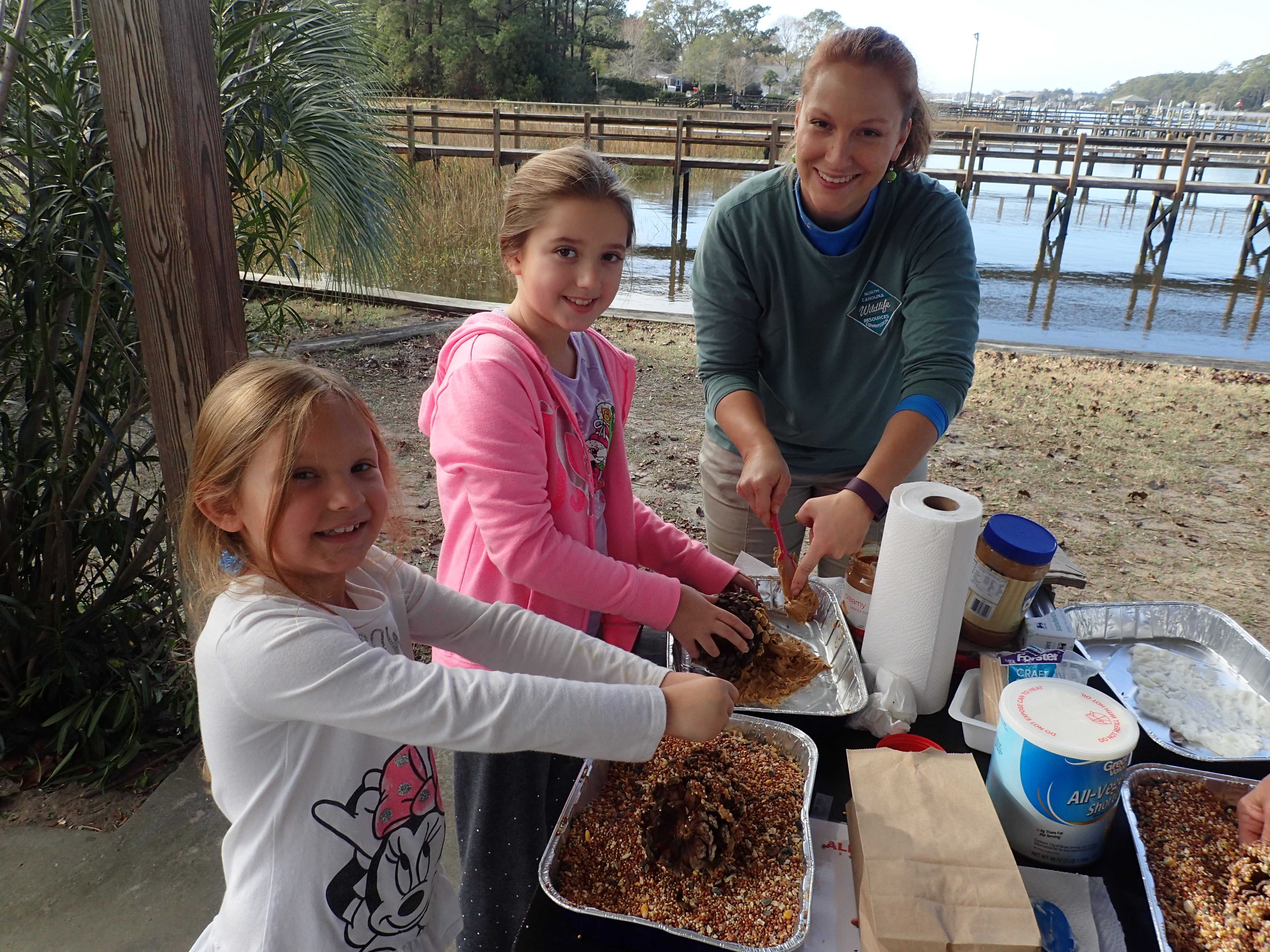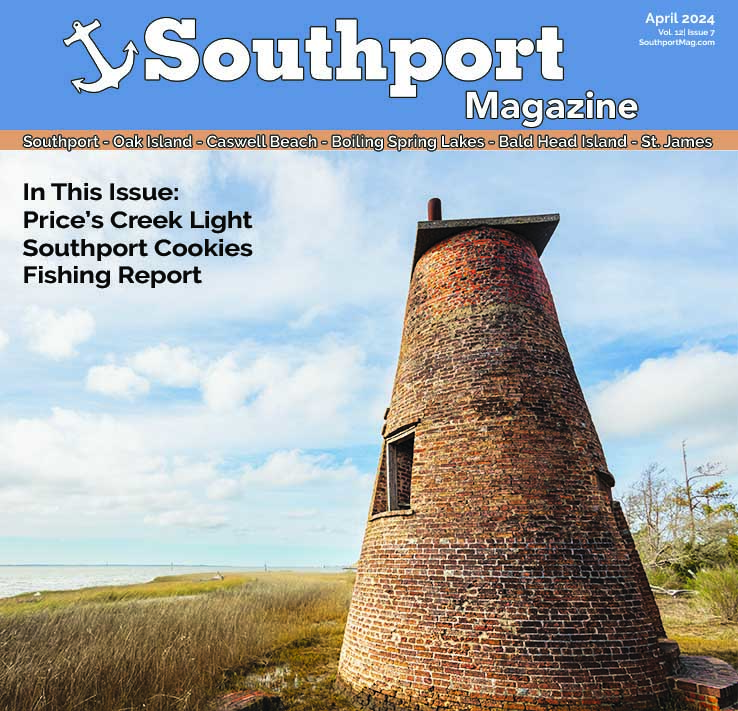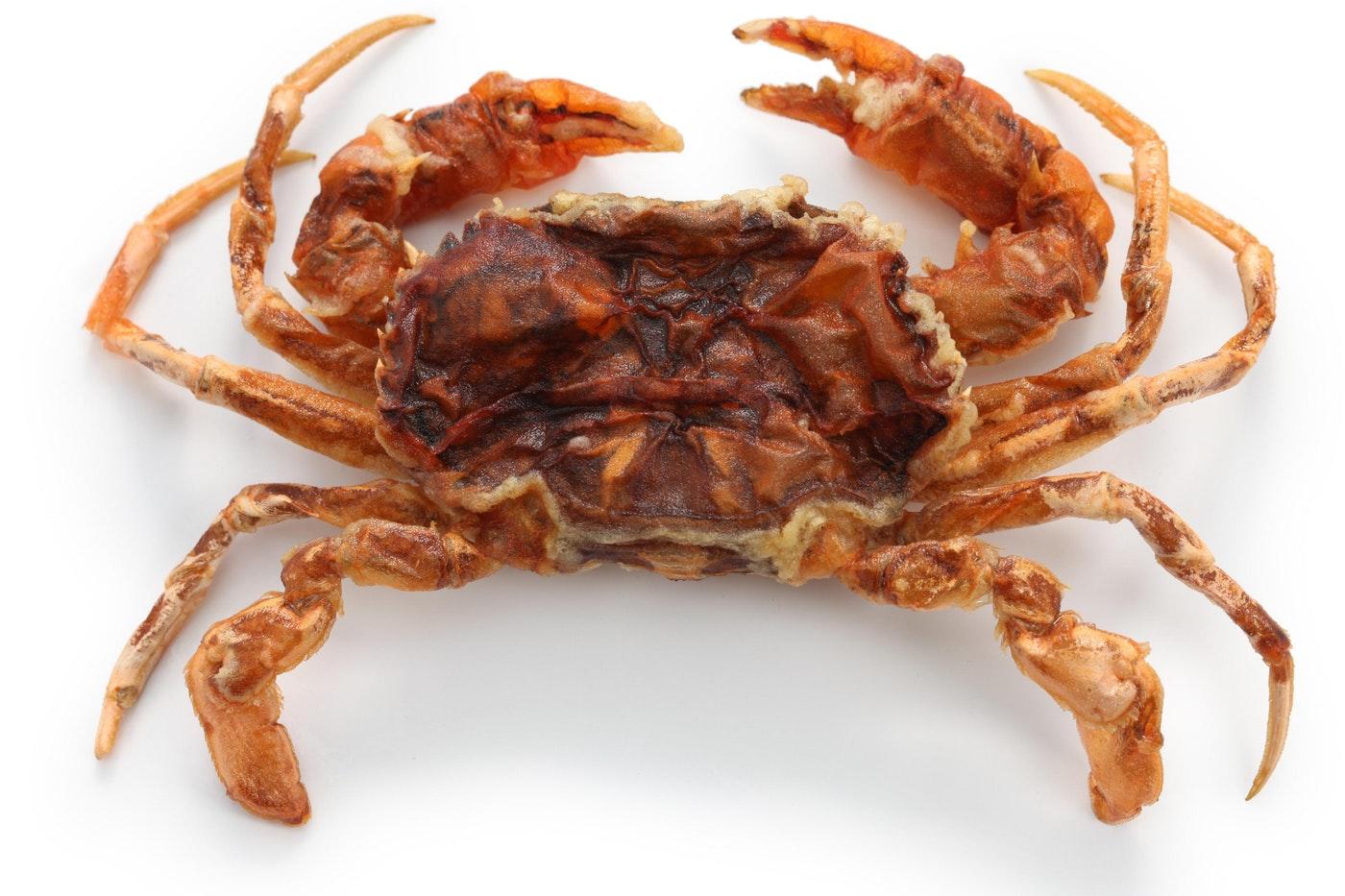Alligators, Coyotes and Woodpeckers, Oh My!

The Boiling Spring Lakes Garden Club is hosting a discussion on North Carolina’s coastal diverse ecosystem, led by Becky Skiba, Regional Education Specialist – Coastal with the NC Wildlife Commission. The program will focus on co-existing with wildlife in the Boiling Spring Lakes area.
Skiba has worked with the Wildlife Commission for four years. She serves the State’s coastal region, which includes 34 counties. She trains educators on utilizing a conservation curriculum like Project Wild. Skiba said she also tries to offer a variety of wildlife and habitat conservation-focused programs to the public as her schedule allows.
Working with wildlife is always interesting, and Skiba has her share of memorable experiences on the North Carolina coast. At Ft. Fisher near Kure Beach, she saw “two large bucks, at least six pointers, chase each other through the marsh border this fall as the marsh lavender and other grasses were fading to muted colors against the blue sky and dark mud.” They ran, and scared up some birds they had only been able to hear before, she further explained. She’s seen black bears with cubs in the Pocosin Lakes National Wildlife Refuge, at the Carolina Beach State Park, she saw her first summer tanager and in Raeford, her first Blue Grosbeak. She has also collected biological data from bats at Alligator National Wildlife Refuge, all in a day’s work.
Education is also a big part of the job, and Skiba said it’s important to share information with communities and provide appropriate resources and assistance regarding their wildlife questions and concerns.
“Several coastal counties are developing rapidly to welcome newcomers,” she said. “Locals and new residents need access to the most current information and conservation management tools at their disposal. Misinformation and anecdotes spread faster than well-sourced information and can cause a negative shift in perception towards species and their behavior. I see this seasonally with certain species such as coyotes. Understanding the biology, behavior, habitat needs, and ecology of specific species is imperative to fully appreciate the many beautiful resources we still enjoy in North Carolina.”
The program is scheduled for January 21 at 6:30 p.m. at the BSL Community Center, 1 Leeds Road in Boiling Spring Lakes. It is free and open to the public.











Leave a Reply